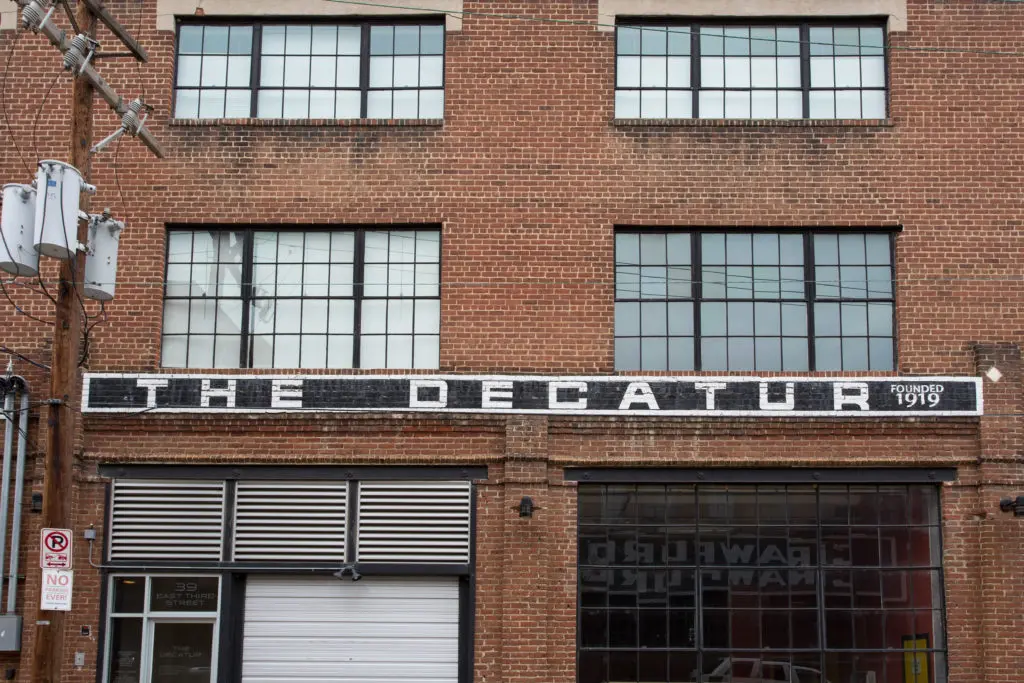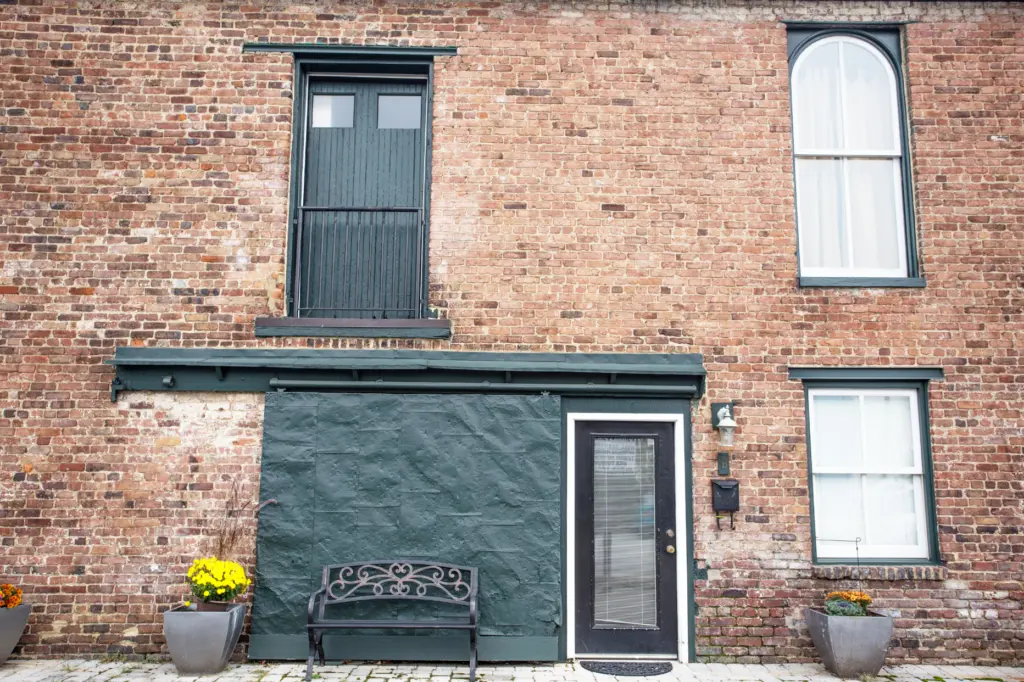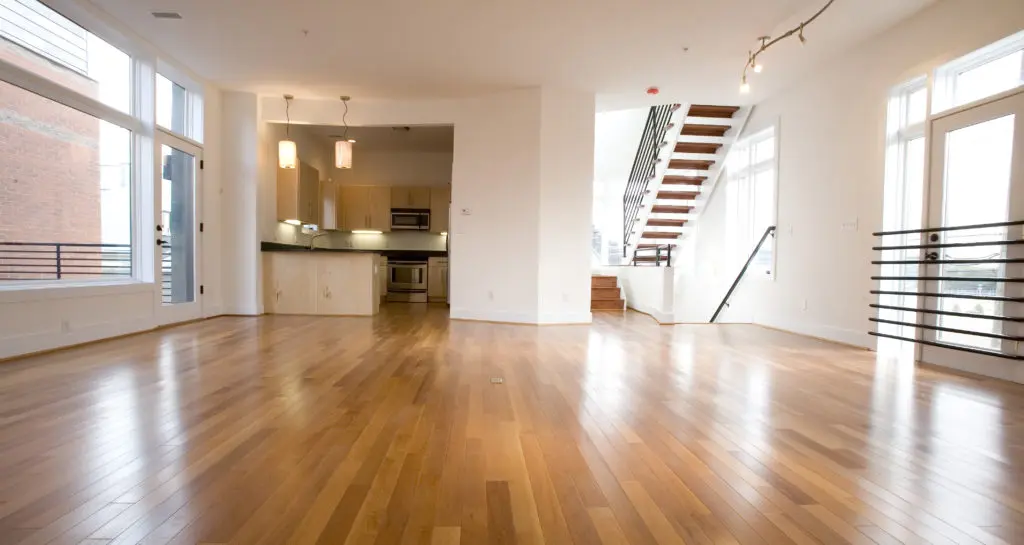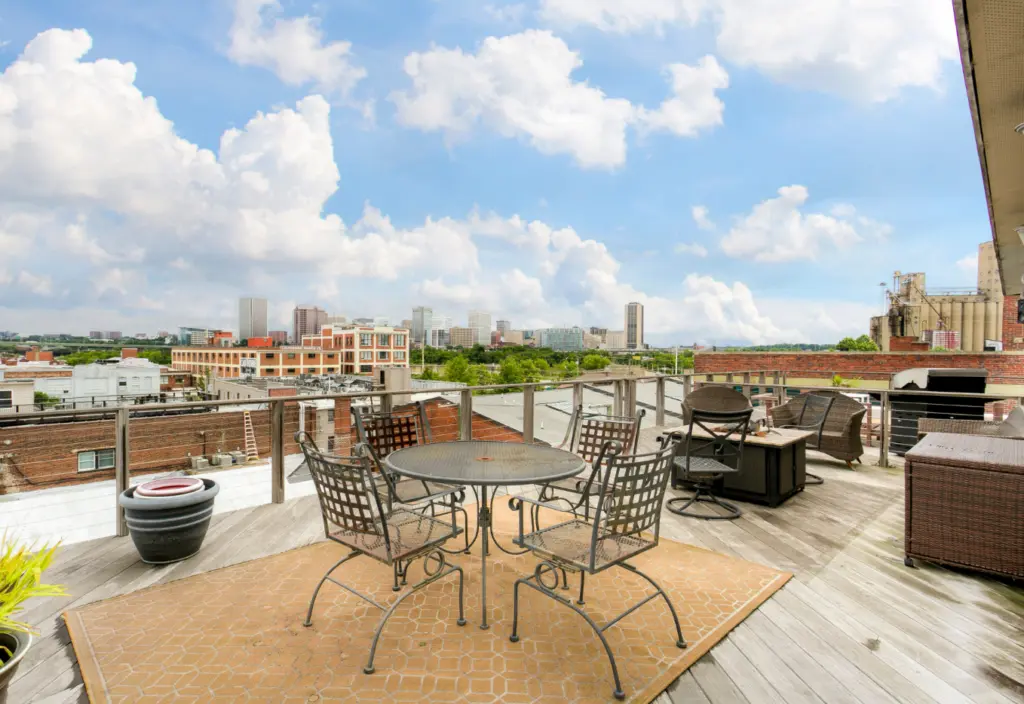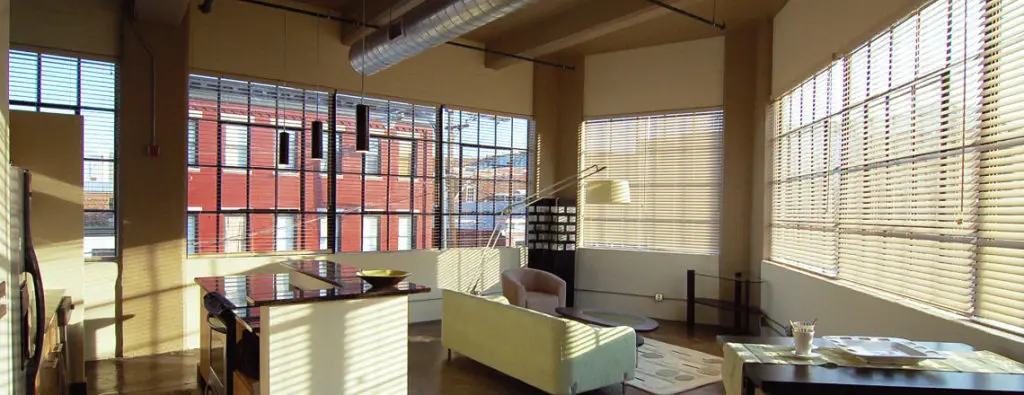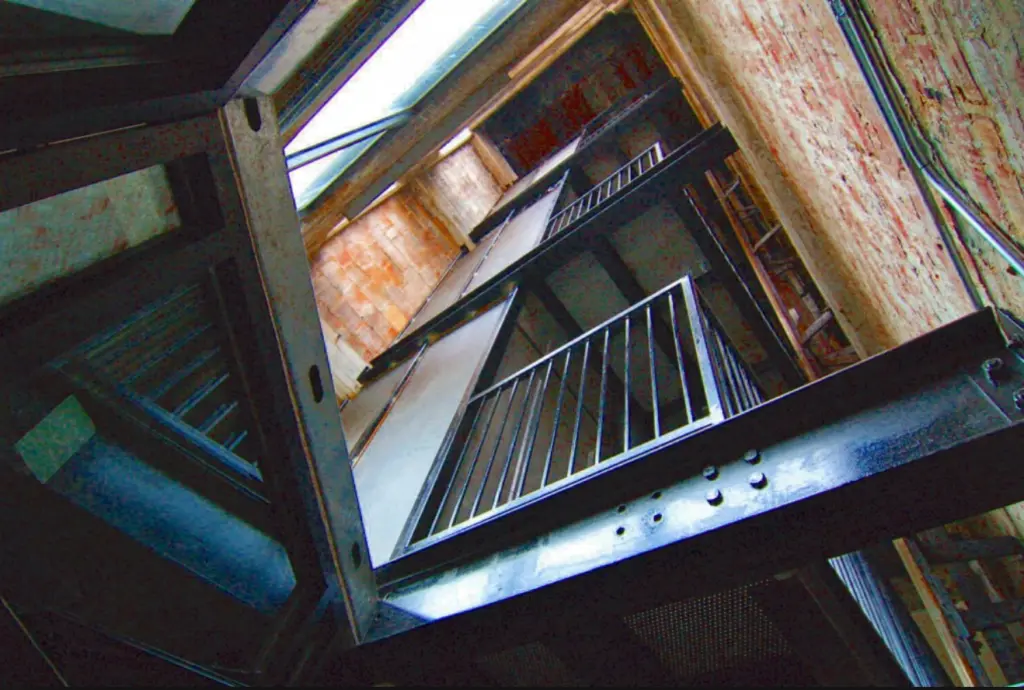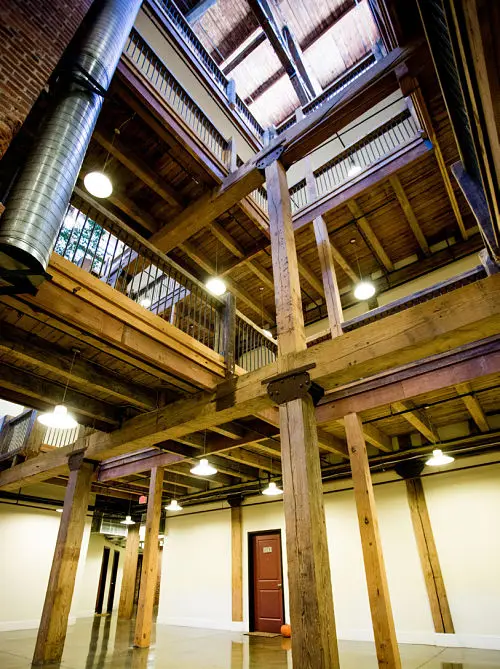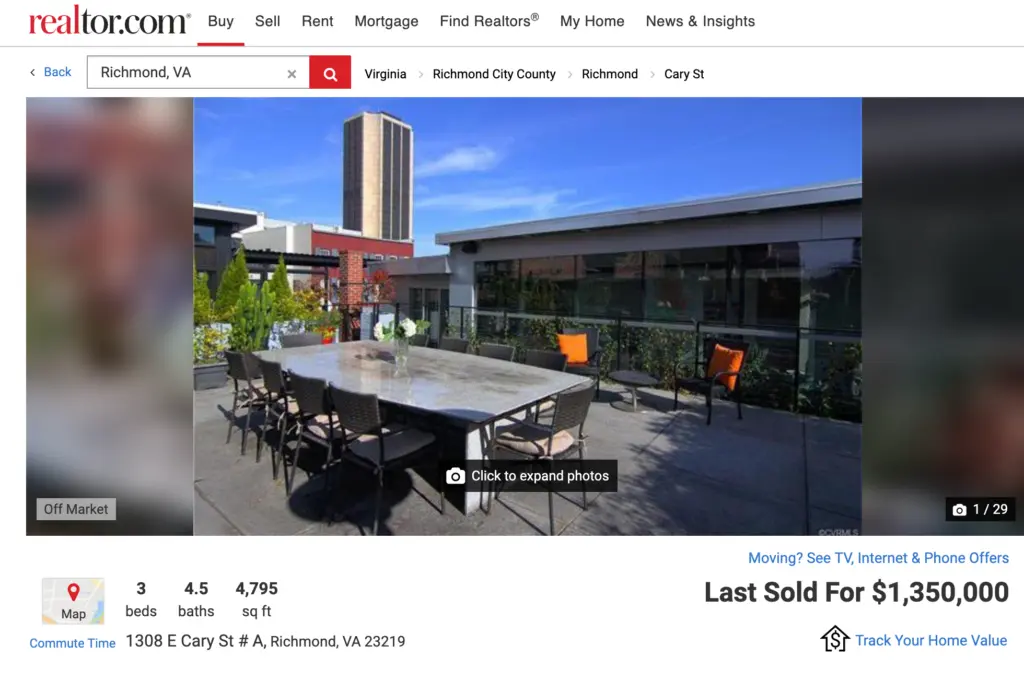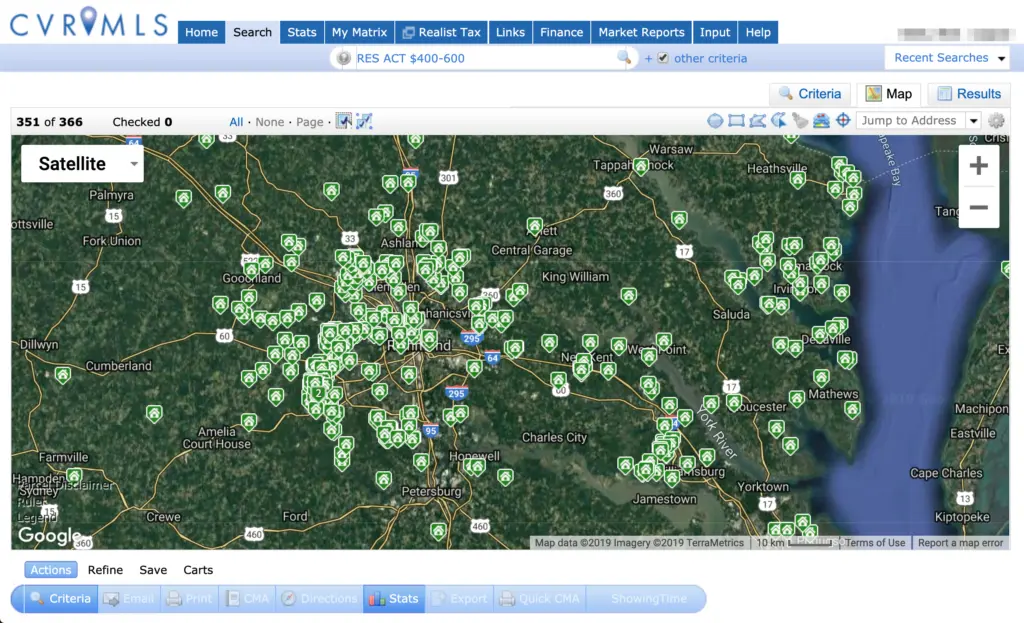I have to admit, I would love to see another recession.
Uhhhh …. you are in the real estate business. Why in the world would you want to see another recession?!?
The real reason? So we can stop talking about it.
Talk. Talk.
The talk of the next recession has been on the lips of every naysayer since 2015, as home prices spiked and bidding wars became the norm. ‘Oh no!’ they all said, ‘Here it comes again. It is just like 2008!’
In the immortal words of the 80’s English synth pop band, Talk Talk –– ‘All you do to me is Talk Talk.’ Just sayin’
The recession of 2008 was unprecedented, at least in my lifetime. I am sure that those who lived through 1929 might argue, but what happened to not just our economy –– but the world’s economy –– was unlike anything we have ever seen. To see a repeat of 2008 so soon feels unlikely –– especially when the fraudulent behavior that was at the root of the crash is not anywhere as prevalent as it was.
No, it is nothing like 2008. Not only are the conditions wildly different, but no two recessions are the same.
Disclaimer
Now, I am not for all of the negatives that come with recessions –– I don’t want to see anyone lose a job, lose a house, lose their savings, or even their sanity. The last recession caused all of those occurrences and caused them in spades.
I also hate that in the last moments before a recession, fraud tends to be at its highest and many of our most vulnerable are left holding the bag
I also hate that in the last moments before a recession, fraud tends to be at its highest, and many of our most vulnerable are left holding the bag –– with little to no recourse against those who committed the acts (but that is another post for another day.)
So, no, I am not for the traumatic impact that a recession can have. I am only for the idea that once we have the next one, we can go on with our lives and stop living in fear of its arrival.
F-1 / Category 5 / 7.0 Richter
One of the problems with recessions is that no single definition of a recession exists. Well, that is technically incorrect, one does –– 2 consecutive quarters of negative GDP to be precise –– but, absent of that, we don’t really have a way distinguishing one from another. There isn’t a recession severity meter like there is for earthquakes, hurricanes or tornadoes that tells us what to expect.
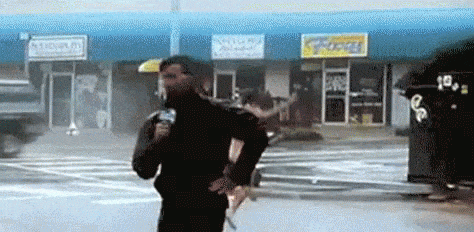
We all know that a Category 5 Hurricane is really, really bad –– flooding, strong winds, loss of utilities, massive property damage (and this was written before Dorian struck the Bahamas, btw…) –– and thanks to modern weather modeling, we have a pretty good idea when one is coming, where it will land, and how severe it will be.
There isn’t a recession severity meter like there is for earthquakes, hurricanes or tornadoes that tells us what to expect
In other words, we get ample notice and have time to prepare –– oh, AND we have the ability to insure our property against the event.
Imagine if we could predict a recession like we could a hurricane –– ‘Next Tuesday expect to see a plummeting stock market, sagging house prices, accelerating unemployment, and declining wages. We expect the recession to make landfall in the lower Manhattan area late in the afternoon and last until September 15, 2026, at 2 p.m., before finally moving back offshore!’
Unfortunately, nothing exists to tell us when the bad economic times will arrive, what segments will be impacted, or how long they will last. There is no way of telling if it will be a true ‘Category 5 level’ event that leaves destruction in its wake or more of a Tropical Re-Cession (see what I did there?!?) that never makes it to shore.
And rest assured, when it comes, we can’t just call our friendly State Farm agent and ask for a check.
Therein lies the fear.
How Scared You Feel = How Old You Are
For those who are 40 years old or younger, the only recession that they have lived through was a humdinger. The Great Recession was the worst recession on record –– rife with bankruptcy, foreclosure, fraud, and collusion. House prices fell by 30-40% and new home building essentially ceased.
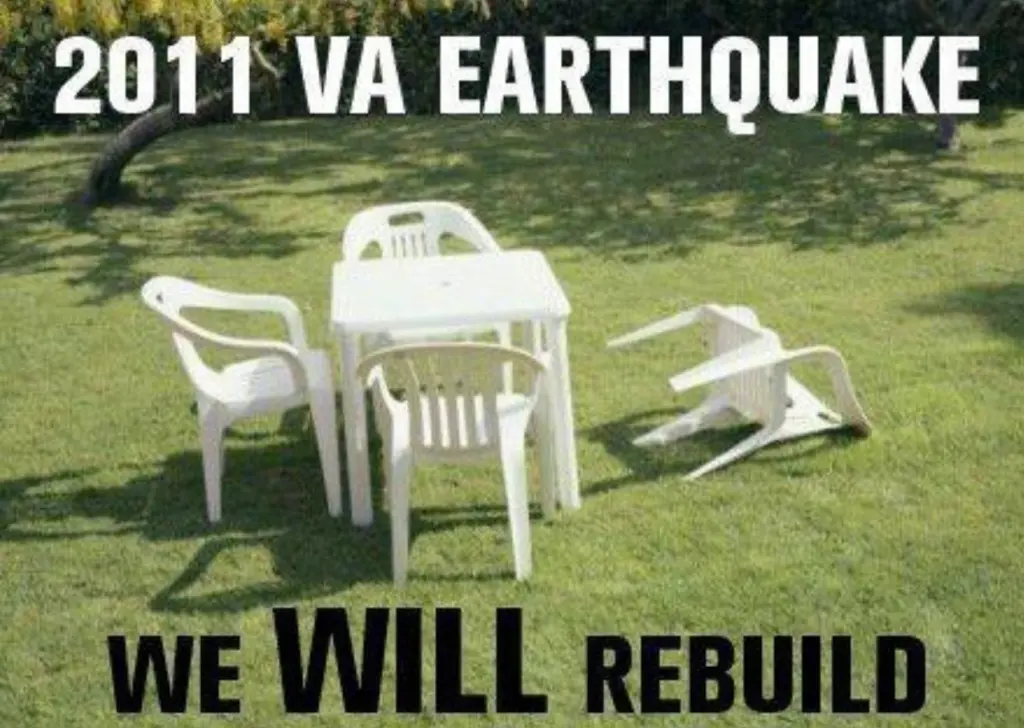
But ask a ‘50 something‘ (and, yes, I am now a ‘50 something.’) if they remember the Recession of 2000?
Wait, there was a recession in 2000?
Yes, there was and it lasted for two years. I think unless you worked for a tech company and your millions in stock options became worthless, you really don’t recall much of a hiccup in 2000. But according to the definition, we had one.
Ask the ’60 somethings’ about the 1987 crash and subsequent 5-year malaise –– and they will remember it vividly. It was sudden (Black Monday, anyone?), pronounced, and eventful with great consternation in the Savings and Loan industry (again, led by fraud) that led to a fall in other segments. It also featured a great deal of overbuilding in the speculative office market.
Each Recession is Different
But do you know what happened to house prices in 2000? Nothing really. They actually went up, albeit at a slower pace.
Note the grayed areas (recessions) and the impact on house prices.
What about 1987? House prices stayed relatively flat to slightly up.
Wait, what?!? House prices went UP in a recession?!?
Yep.
In the same way that each Category 5 hurricane is different (size, speed, rain, wind, path) so is each recession.
And therein lies the rub.
A Recession is ALWAYS a Fear
As a good and experienced veteran of the real estate business told me, ‘You should absolutely be worried about a recession … because you should ALWAYS be worried about a recession. That is what they do, they come and then they go. The question is not if –– or even when –– it is how prepared are you for its arrival and what do you do when it shows up.’
He’s 100% correct.
You should absolutely be worried about a recession … because you should ALWAYS be worried about a recession
In the same way that you stock up on milk, bread, gas, and water when the hurricane is coming, you should do the same with your financial life. Dial back the speculative bets, become a little more liquid in your investments, and don’t go on spending sprees.
At the end of the day, a recession is coming, in the same way that rain is coming, winter is coming, and old age is coming –– it is part of the cycle.
Down Market = Opportunity
Am I saying that you should sell everything you own, crawl down in the shelter, and hunker down until 2027?
A good decision in a down market is largely the same as a good decision in an up market, it just may take a bit longer to pay off
No, of course not –– beyond its inevitability, don’t let the pending arrival of challenging financial times scare you into panic mode.
Fortunes (large and small) tend to be made in down markets and thinking about the strategies you might employ when you see the signs is the first step to not only navigating the down times, but thriving in them.
And above all else, remember that a good decision isn’t impacted in the long run by an up or down market –– a good decision in a down market is largely the same as a good decision in an up market, it just may take it a bit longer to pay off.
Summary
As we have written about many times before, the fundamentals that existed in 2008 and those of 2019 (and beyond) are completely different. When the next recession comes –– whether today, tomorrow, or March 3, 2024, it will start in a different sector, last for a different duration, and impact us all differently.
Don’t fear the inevitable –– be prepared to take advantage of it.
